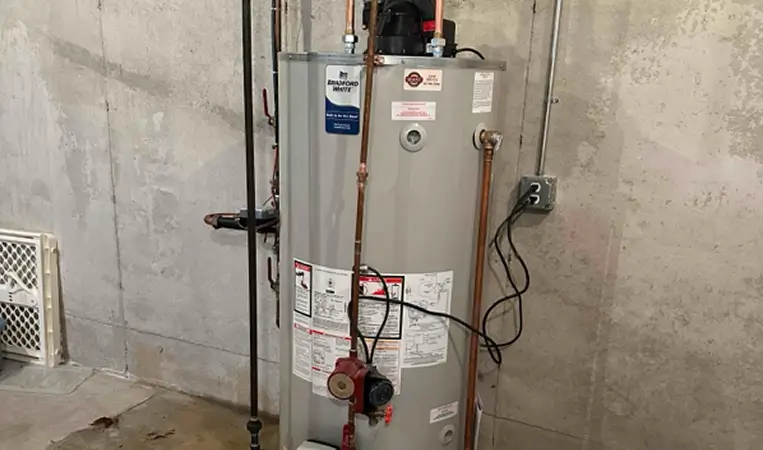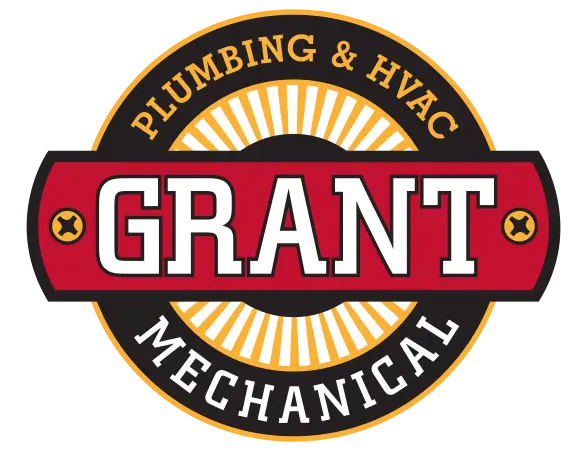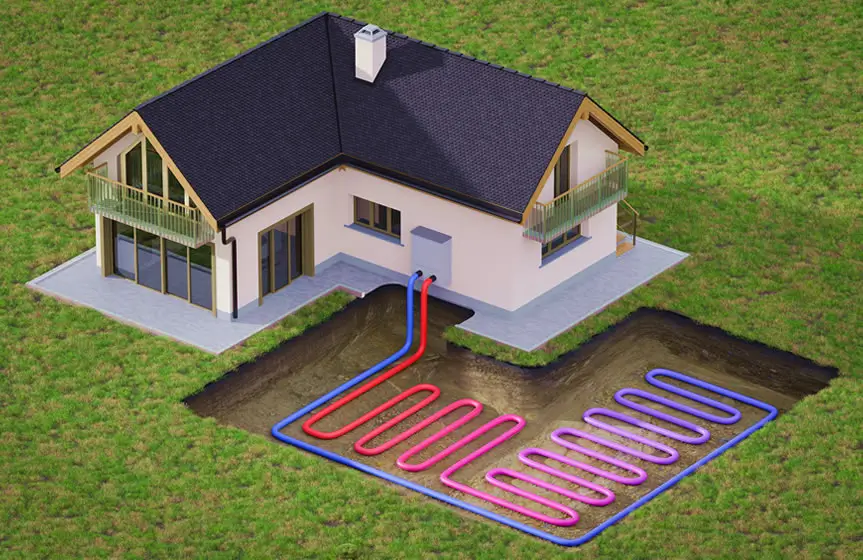No Hot Water? Troubleshooting Your Water Heater and Knowing When It's Time for a Replacement

Waking up to a blast of icy water instead of a soothing warm shower? A lack of hot water is more than just an inconvenience; it can disrupt your entire day. Your water heater is a vital appliance, and when it malfunctions, it’s important to understand the potential causes and know when a simple fix will do the trick versus when it’s time to consider a replacement. Here in Northern Michigan, especially as we head into cooler months, a reliable hot water supply is essential for comfort and daily living. Let’s explore some common water heater issues and help you determine the best course of action with the experts at Grant Mechanical.
Common Culprits Behind the Cold Shoulder (No Hot Water!)
Before panicking, it’s worth checking a few basic things yourself:
- Check the Thermostat: For electric water heaters, ensure the thermostat is set to the desired temperature and that the power switch hasn’t been accidentally turned off. For gas water heaters, check if the pilot light has gone out (and if you’re comfortable, try relighting it following the manufacturer’s instructions).
- Check the Circuit Breaker/Gas Supply: Make sure the circuit breaker for your electric water heater hasn’t tripped. For gas units, ensure the gas valve is open.
- Sediment Buildup: Over time, sediment can accumulate in the bottom of your water heater tank, reducing its efficiency and potentially causing heating element failure. This can sometimes lead to lukewarm or no hot water.
- Tripped High-Limit Switch: Electric water heaters have a high-limit switch that can trip if the water overheats. Resetting this might restore function, but it often indicates an underlying issue.
- Heating Element Failure (Electric): Electric water heaters have one or two heating elements that can burn out over time. If one fails, you might experience lukewarm water; if both fail, you’ll have no hot water.
- Thermocouple/Pilot Light Issues (Gas): In gas water heaters, a faulty thermocouple can prevent the pilot light from staying lit, resulting in no hot water.
- Tank Leaks: While a leak might not directly cause a lack of hot water initially, it’s a serious issue that often necessitates replacement.
Repair or Replace? Knowing When to Make the Call
Deciding whether to repair or replace your water heater depends on several factors:
- Age of the Unit: Most standard water heaters have a lifespan of 8-12 years. If your unit is nearing or past this age and experiencing problems, replacement is often the more cost-effective long-term solution. Frequent repairs on an old unit can add up quickly.
- Frequency of Repairs: If your water heater has required multiple repairs in recent years, it’s a sign that it’s nearing the end of its lifespan and more problems are likely on the horizon.
- Cost of Repair vs. Replacement: Get a quote for the necessary repairs from Grant Mechanical. If the repair cost is more than half the cost of a new, energy-efficient unit, replacement is usually the wiser investment.
- Energy Efficiency: Older water heaters are often less energy-efficient than newer models. Replacing your old unit with a high-efficiency model can lead to significant savings on your energy bills over time.
- Type of Problem: Some issues, like a tripped high-limit switch or a minor thermostat malfunction, might be relatively inexpensive to repair. However, major problems like a leaking tank or multiple failed heating elements often warrant replacement.
Why Choose Grant Mechanical for Your Water Heater Needs in Northern Michigan?
At Grant Mechanical, our experienced technicians can accurately diagnose your water heater issues and provide honest recommendations for repair or replacement. We work with top-quality, energy-efficient water heater brands and ensure professional installation for optimal performance and longevity. We understand the importance of reliable hot water, especially during the colder months in Northern Michigan, and we’re committed to providing prompt, dependable service.




